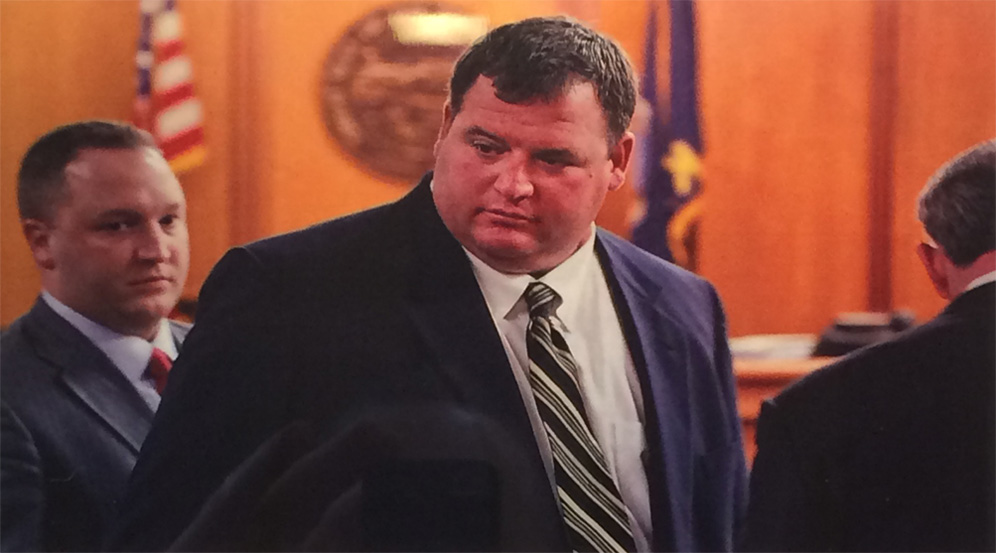WICHITA, Kan. – Dan Monnat, of Monnat & Spurrier, Chartered, has been listed by Chambers USA 2013 as one of Kansas’ most notable litigators. According to the publication’s editorial report, Monnat “is hailed as a really good criminal defense attorney… and recognized as a talented trial and appellate lawyer.”
Lawyers are independently researched by Chambers USA. Rankings are based on legal ability, client service, business acumen, diligence, professional conduct and pre-eminence in the attorney’s key practice area in the past year.
Monnat has practiced in Wichita for more than 36 years. A graduate of California State University, Monnat received his J.D. from Creighton University School of Law. He also is a graduate of Gerry Spence’s Trial Lawyer’s College.
A frequent national lecturer and editorial contributor on criminal defense topics, Monnat is the author of “Sentencing, Probation, and Collateral Consequences,” a chapter of the Kansas Bar Association’s Kansas Criminal Law Handbook, 4th edition. He was a member of the Kansas Sentencing Commission from 2007 – 2011.
Monnat has earned distinction as a Fellow of the American College of Trial Lawyers, the International Academy of Trial Lawyers, and the Litigation Counsel of America. He currently sits on the Kansas Association of Justice’s Board of Editors and is the Criminal Law Chair.
Monnat is a member of the National Trial Lawyers and served as a member of the National Association of Criminal Defense Lawyers Board of Directors from 1996 – 2004. He is a two-term past president of the Kansas Association of Criminal Defense Lawyers and a member of the Nebraska Criminal Defense Attorneys Association.

